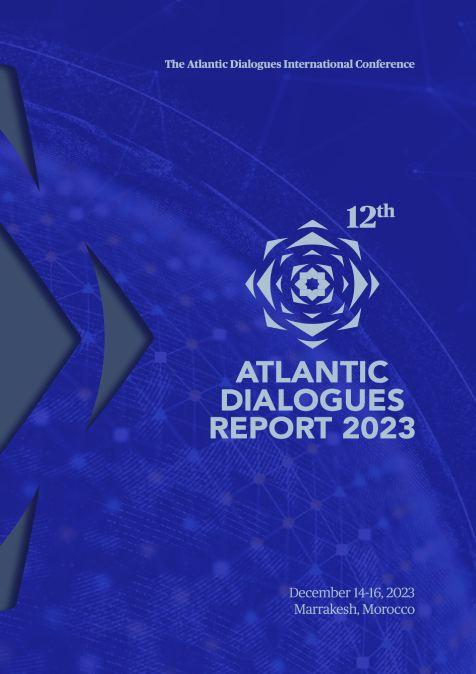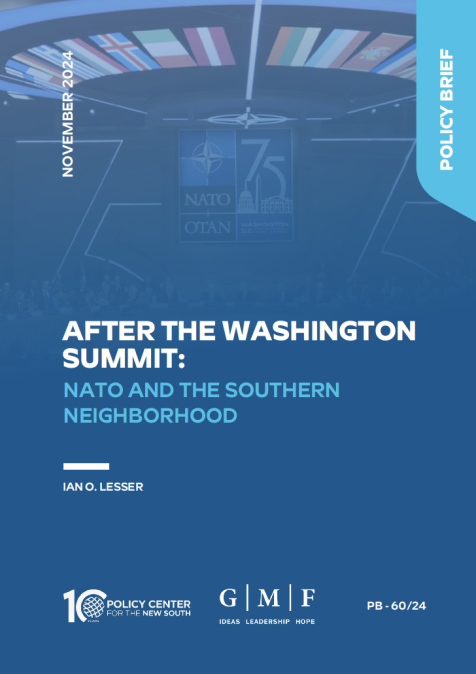Publications /
Policy Paper
Four years after the Jubilee block went into production, we can make an initial assessment of the governance of Ghana’s oil resources. In terms of its institutional structure, Ghana is seen as a model for the entire continent. This structure is certainly not an empty shell and serves as an effective regulator for this strategic sector and, singularly, for the use of oil revenues. Although this framework clearly has its limitations, as highlighted in this paper, the balance sheet is a positive one and there have been notable improvements since 2011. The relative success of this governance is a direct consequence of Ghana’s political maturity. This is evidenced by the preeminent role played by Parliament and civil society in formulating, implementing, monitoring and continuously improving this framework for governance. Conditions seem to be reunited for Ghana to transform its oil potential into opportunities for success. However, this is not the case, and this is due to economic obstacles as much as a Ghanaian sense of desilusion concerning oil exploitation and the benefits thereof.











